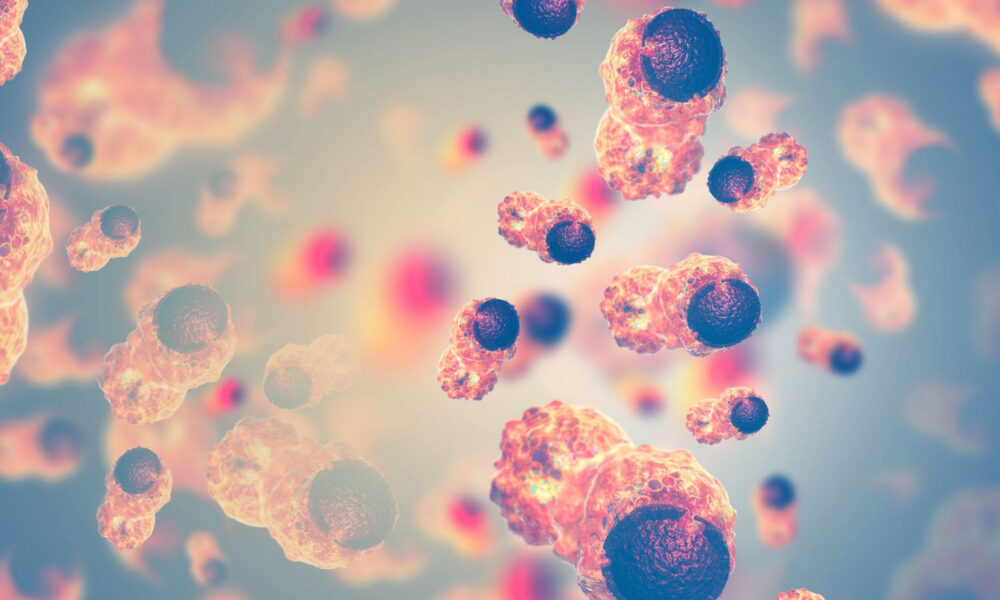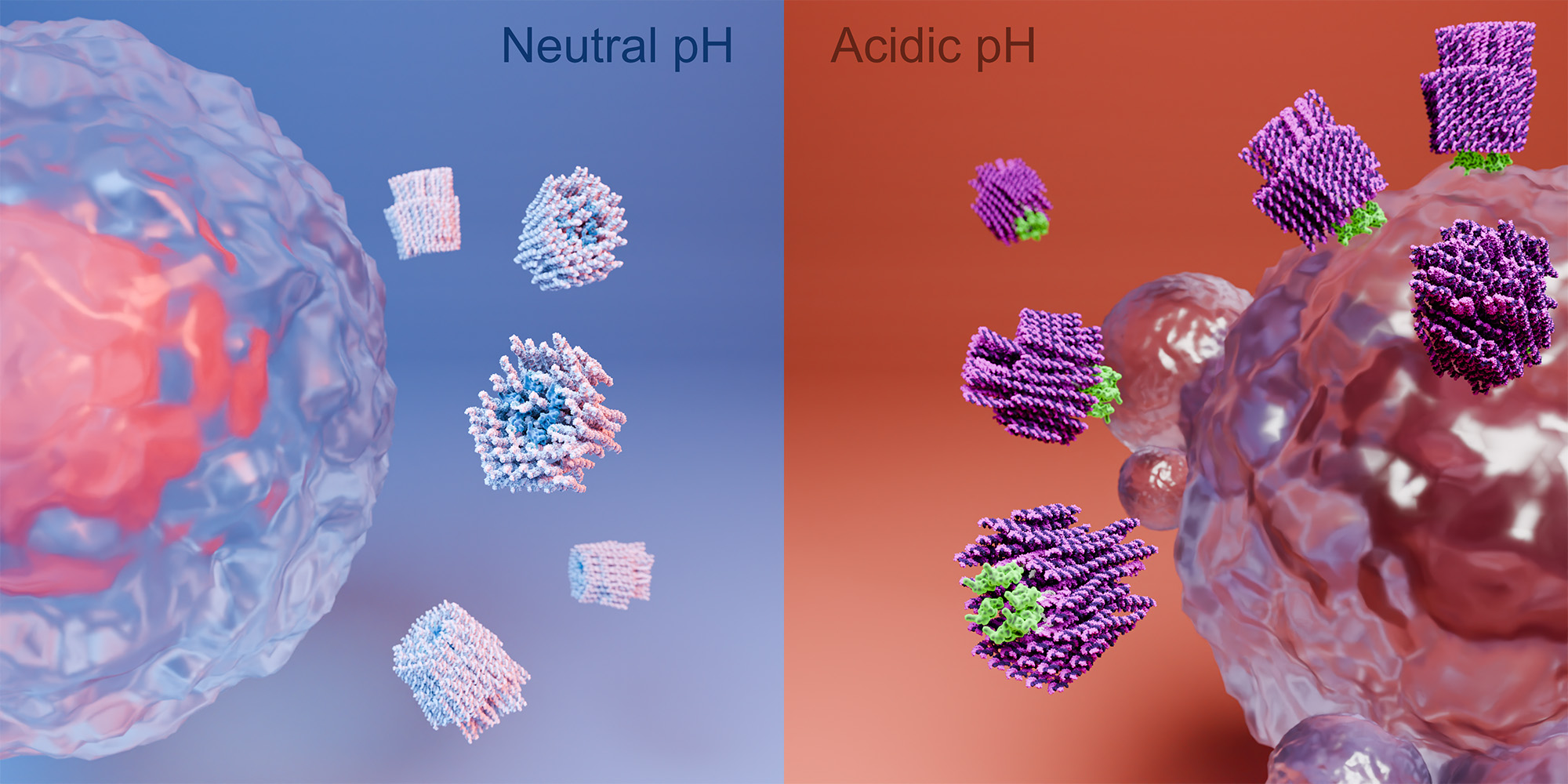News
Tumor-Fighting Nanobots Could Revolutionize Cancer Treatment
The tiny DNA-based robots target and destroy diseased cells while sparing healthy tissue.

In a significant leap forward in cancer therapy, scientists at Sweden’s Karolinska Institutet have engineered nanobots capable of selectively targeting and eradicating tumor cells. This innovation has the potential to become a powerful new tool in combating a deadly disease which continues to claim millions of lives worldwide.
The nanobots are crafted using a process known as DNA origami, which involves folding DNA molecules into precise shapes at an incredibly small scale. These microscopic robots use a hexagonal arrangement of peptides hidden within their structure. The lethal mechanism remains inactive until it encounters the acidic environment typically surrounding solid tumors, ensuring that healthy cells remain unharmed.

Professor Björn Högberg, from the Department of Medical Biochemistry and Biophysics at Karolinska Institutet and the study’s lead investigator, elaborates on the breakthrough: “The hexagonal nanopattern of peptides acts as a potent weapon. If administered directly as a drug, it could cause widespread damage by killing cells indiscriminately. To prevent this, we have ingeniously concealed the weapon inside a DNA-based nanostructure”.
The remarkable abilities of the nanobots lie in their ability to detect the difference in pH levels between healthy and cancerous tissues. The lethal peptides remain securely hidden in normal tissues, where the pH level is around 7.4. However, in the more acidic environment of cancerous tissues, where the pH drops to 6.5, the nanobots’ hidden weapon is triggered, leading to the destruction of cancer cells.
Also Read: Insilico Develops The World’s First Fully AI-Generated Drug
During preclinical experiments, these nanobots were injected into mice with breast cancer. The results were impressive, showing a 70% reduction in tumor growth in the mice treated with active nanobots compared to those given an inactive version. These promising findings pave the way for additional studies to evaluate the nanobots’ effectiveness in more advanced cancer models and identify potential side effects.
“We now need to test this approach in more complex cancer models that better simulate human disease,” explained Yang Wang, the study’s first author and a researcher at Karolinska Institutet’s Department of Medical Biochemistry and Biophysics. “It’s also crucial to determine the method’s side effects before we can move on to human trials”.
Although still in the early stages, the technology marks a significant advance in the field of personalized cancer therapy. The researchers are hopeful about the future, with plans to further refine the nanobots by attaching specific proteins or peptides that could bind more accurately to particular cancer cells, thereby enhancing their precision and effectiveness.